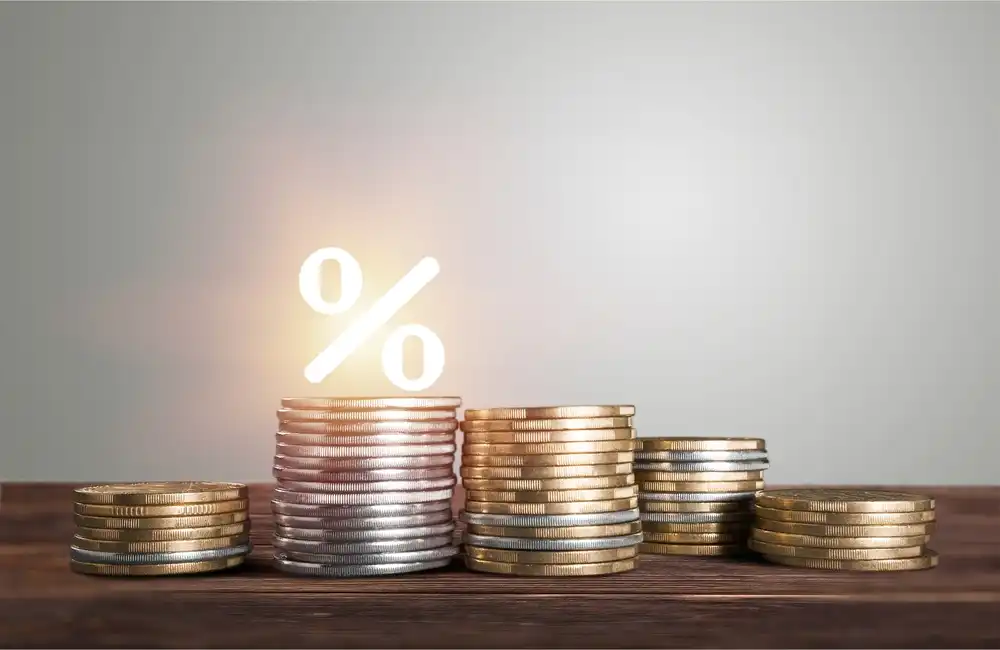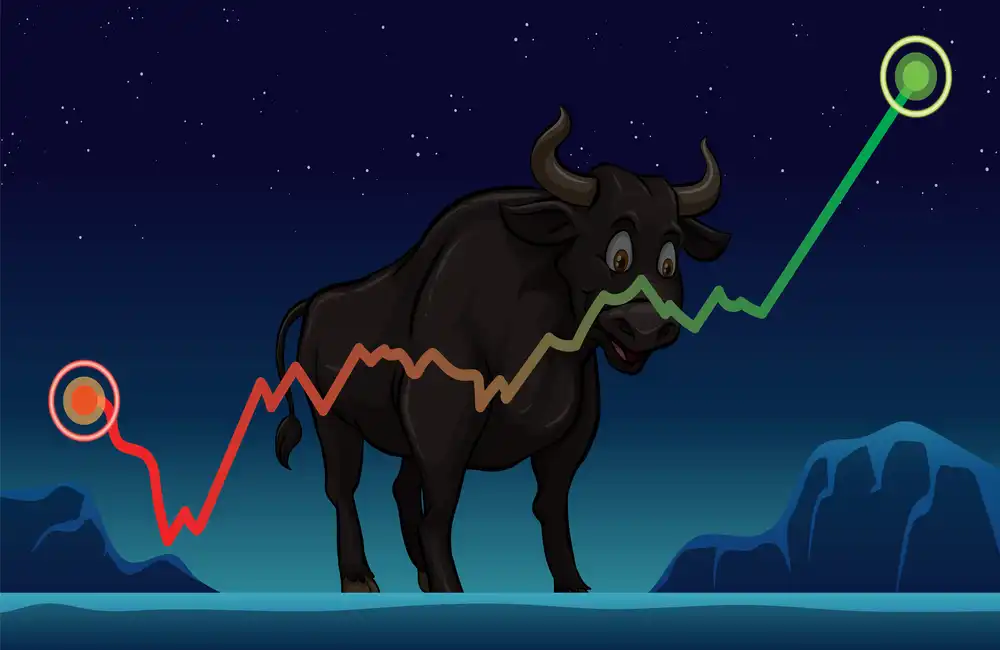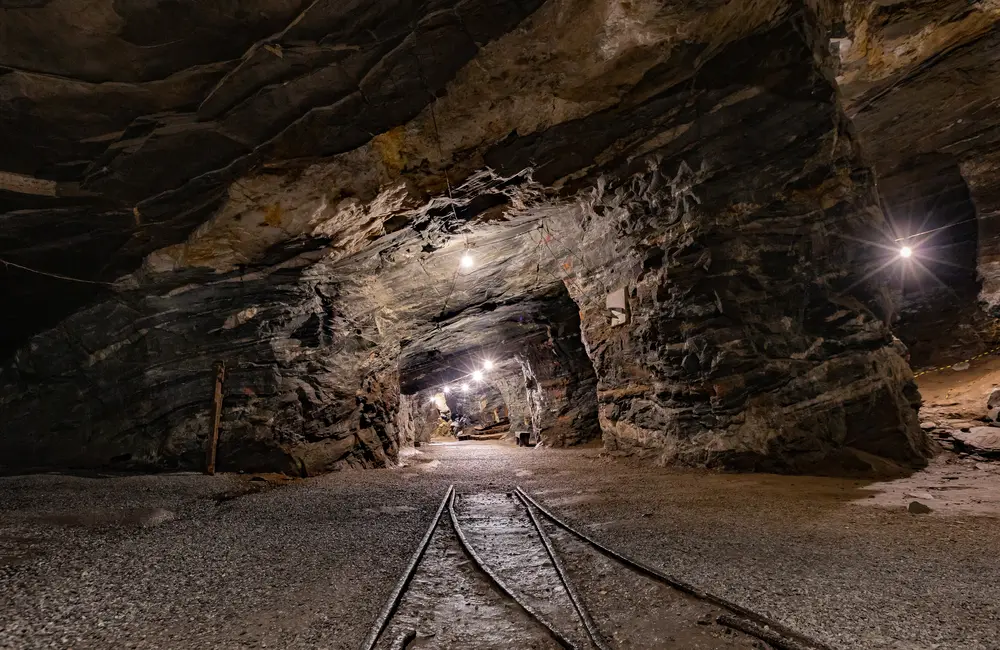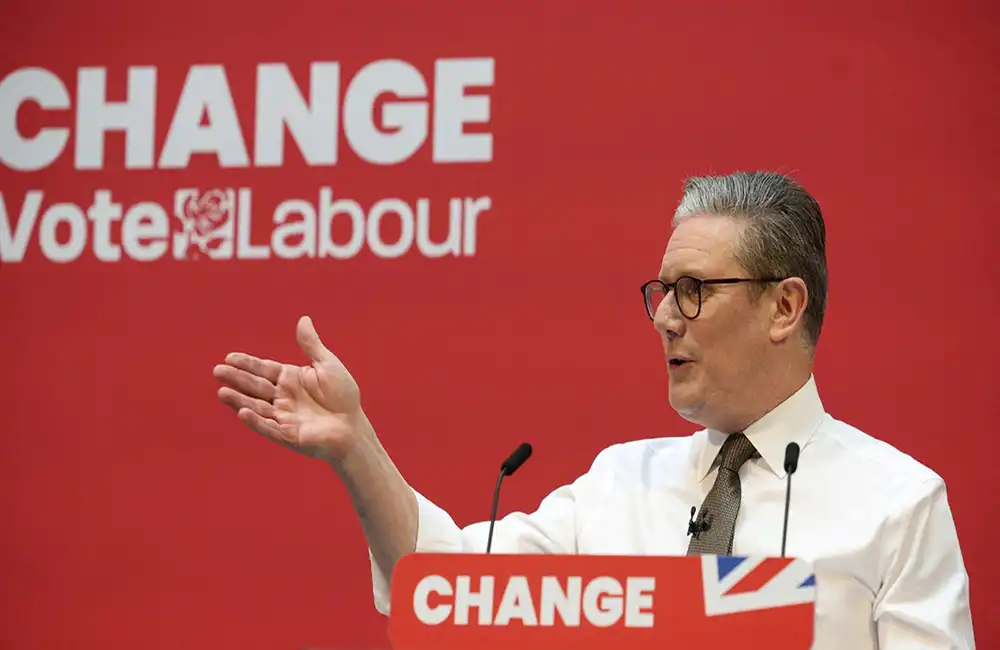Demand for minerals is growing, and miners are preparing for new environmental, social and governance regulations and reporting standards, said participants at the Natural Resources Forum, a not-for-profit organization, in London this week.
Most investors agreed that regulation would be the main driver of adherence to ESG principles going forward.
Disclosure and standardization of guidelines issued by a group of ESG-focused organizations like the Responsible Minerals Initiative and the International Council on Mining and Metals may also be needed to improve the sector's environmental and social acceptability, miners, traders, analysts, and financiers at the event, held at the London Stock Exchange and virtually, said. Because they lump together companies at different stages of the supply chain, organizations’ guidelines now tend to differ.
“The climate has become political,” said Mark Wade, the head of sustainability research and stewardship at the asset manager Allianz Global Investors, in a panel on responsible finance. We need to harmonize reporting requirements and move up from green finance to sustainable finance.”
In August, the Financial Conduct Authority, a regulator that is independent of government, began preparing guidelines and strategy on ESG matters to assist financial and industry sectors about the UK's pledge to achieve a net-zero economy by 2050. It is “now working within the government’s task force around near-term metrics, not just 2050,” FCA ESG division manager Tim Rowe said during a session on regulatory frameworks.
The FCA was collaborating with bodies such as the International Organization of Securities Commissions to set a global standard on a cross-border basis, Rowe said. A new Corporate Sustainability Reporting directive will take effect within weeks in the EU.
Central banks and others around the world are increasingly doing something called climate stress tests, one delegate to the September meeting said.
The mining sector is “in anticipation of regulation,” said Gillian Davidson, chair of the sustainability committee of copper, zinc, and lead producer Central Asia Metals. The establishment of critical minerals strategies in various countries, which highlight the overall need for more critical minerals supplies, could have an enormous impact on sectoral regulation, she said.
“We rely on government policy for real change,” said Paul Jefferiss, non-executive director of The Carbon Trust, an independent climate consultancy. The sustainable finance regulations “look challenging for mining companies,” said Jennifer Anderson, managing director and co-head of sustainable investment and ESG at Lazard Asset Management.
Guidelines, Strategies, and Self-Regulation
For example, some asset managers view divestment, such as from fossil fuels, as a possible answer to some ESG challenges in the commodities space. However, Jonathan Grant, principal advisor, climate change group strategy at miner Rio Tinto, said he “wasn't convinced” that this sort of divestment strategy made any difference to emissions. “Decarbonizing customers requires investments,” he said during a panel on the topic.
Forum participants agreed that the many guidelines already available to mining, which works with a range of products across various geographies, may confuse end-consumers looking for “green” products. Some standards emphasize carbon footprints more, while others prioritize issues like child labor, they said. OECD guidelines nevertheless “help to give some transparency,” said Craig Woodburn, global head of ESG at start-up British Volt, which is developing a battery producer in the UK.
There’s also a bit of self-regulation, Woodburn suggested. “We’re dictated to both by customers and by what we expect of ourselves,” he said, speaking on a panel about how metals for electric vehicles and battery technology could accelerate the transition to a zero-carbon future.
Anne-Marie Fleury, cobalt responsible sourcing director at minerals producer and trader Glencore International, said she saw a "strong lead on vastly important standards" from downstream industries, including original equipment manufacturers (OEMs). “Mining is not pushing back on this, but we need more dialogue between downstream and upstream,” she said. Glencore produces or trades at least 60 distinct commodities, and is active in jurisdictions such as the Democratic Republic of Congo, which accounts for the 60%-70% of global cobalt supplies. The issue of children skipping school to work in DRC artisanal mines comes after a decade of reports, which have led some to contemplate boycotts of artisanal material, said Fleury.
The United Nations’ Principles of Responsible Investment are even being revamped to determine if they are “fit for purpose,” said Jessica Fung, head strategist at Pala Investments, a battery materials space investor.
For example, Florian Mayr, a partner in German-based clean technology advisory company Apricum, said companies and markets will naturally gravitate towards more acceptable technologies, like the car battery metals space. “Instead of asking for more money to develop cobalt-free batteries, the trend is to switch to other chemistries that are potentially cheaper,” he said. “Very promising” sodium-ion battery chemistry, where sodium is used instead of lithium compounds as a battery base, is now also getting more attention, he noted, and could ease future demand for currently “sought after” metals.
Green Premiums
Marc Bishop Lafleche, chief executive officer of minerals royalties firm Ecora Resources (previously known as Anglo-Pacific Group), says price premiums for green products have not yet materialized. “But what we are seeing is dirtier products going at a discount,” he said.
Practical premiums, like those for low-carbon steel and aluminum, may be available only with global carbon price establishment, which will help accelerate decarbonization, speakers said.
“Carbon pricing is one of the most powerful tools we have to regulate emissions,” Grant at Rio Tinto said. “There is something fundamentally wrong with the Emissions Trading System, but there is no question that cap and trade is the way to go.”
Harry Boyd-Carpenter (managing director, climate strategy and delivery, European Bank for Reconstruction and Development) explained that the dynamic of a global carbon tax is coming, and the introduction of the EU’s Carbon Border Adjustment Mechanism (CBAM) will make it clear “it’s high risk to be high carbon.” The introduction of carbon taxes will decrease companies’ dependency on the voluntary carbon market, he said.
Other countries, of which the meeting mentioned China and Kazakhstan, are also operating systems of carbon taxes.



















